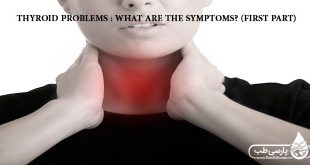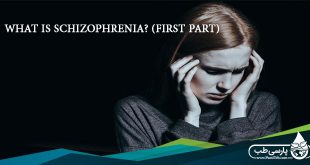What is anorexia nervosa?
Anorexia nervosa, commonly referred to simply as anorexia, is one type of eating disorder. More importantly, it is also a psychological disorder. Anorexia is a condition that goes beyond out-of-control dieting. A person with anorexia often initially begins dieting to lose weight. Over time, the weight loss becomes a sign of mastery and control. The drive to become thinner is actually secondary to concerns about control and/or fears relating to one’s body. The individual continues the endless cycle of restrictive eating, often accompanied by other behaviors such as excessive exercising or the overuse of diet pills, diuretics, laxatives, and/or enemas in order to reduce body weight, often to a point close to starvation in order to feel a sense of control over his or her body. This cycle becomes an obsession and, in this way, is similar to any type of addiction.
Who is at risk for anorexia?
Approximately 95% of those affected by anorexia are female, but males can develop the disorder as well. While anorexia typically begins to manifest itself during early adolescence, it is also seen in young children and adults. In the U.S. and other countries with high economic status, it is estimated that about one out of every 100 adolescent girls has the disorder. Caucasians are more often affected than people of other racial backgrounds, and anorexia is more common in middle and upper socioeconomic groups. According to the U.S. National Institute of Mental Health (NIMH), an estimated 0.5%-3.7% of women will suffer from this disorder at some point in their lives.
Many experts consider people for whom thinness is especially desirable, or a professional requirement (such as athletes, models, dancers, and actors), to be at risk for eating disorders such as anorexia nervosa.
What causes anorexia?
At this time, no definite cause of anorexia nervosa has been determined. However, research within the medical and psychological fields continues to explore possible causes.
Studies suggest that a genetic (inherited) component may play a more significant role in determining a person’s susceptibility to anorexia than was previously thought. Researchers are currently attempting to identify the particular gene or genes that might affect a person’s tendency to develop this disorder, and preliminary studies suggest that a gene located at chromosome 1p seems to be involved in determining a person’s s susceptibility to anorexia nervosa.
Other evidence had pinpointed a dysfunction in the part of the brain, the hypothalamus (which regulates certain metabolic processes), as contributing to the development of anorexia. Other studies have suggested that imbalances in neurotransmitters (brain chemicals involves in signaling and regulatory processes) levels in the brain may occur in people suffering from anorexia.
Feeding problems as an infant, a general history of undereating, and maternal depressive symptoms tend to be risk factors for developing anorexia. Other personal characteristics that can predispose an individual to the development of anorexia include a high level of negative feelings and perfectionism. For many individuals with anorexia, the destructive cycle begins with the pressure to be thin and attractive. A poor self-image compounds the problem. People who suffer from any eating disorder are more likely to have been the victim of childhood abuse.
While some professionals remain of the opinion that family discord and high demands from parents can put a person at risk for developing this disorder, the increasing evidence against the idea that families cause anorexia has mounted such that professional mental-health organizations no longer ascribe to that theory. Possible factors that protect against the development of anorexia include high maternal body mass index as well as personal high self-esteem.
 Parsi Teb Physical and Mental Health Journal
Parsi Teb Physical and Mental Health Journal 



